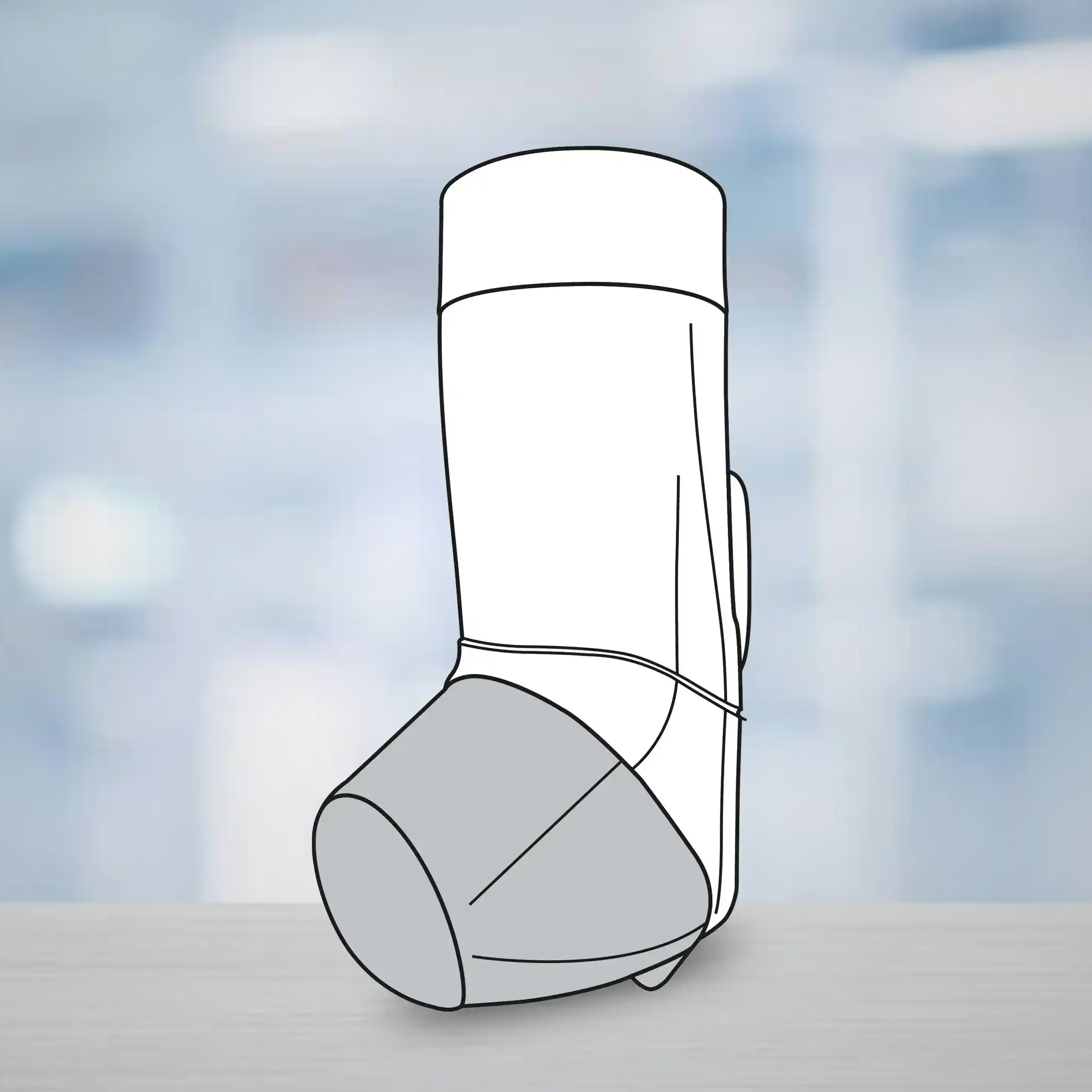Introduction
The Study with Endothelin Receptor Antagonist in Pulmonary arterial Hypertension (PAH) to Improve Clinical Outcome (SERAPHIN) trial demonstrated that macitentan, a dual endothelin-receptor antagonist, significantly reduced the mortality and morbidity in the patients with PAH. A composite secondary endpoint of “death due to PAH or hospitalization for PAH” was evaluated. The risk of such events was significantly reduced with macitentan. The results of the trial indicated a considerable impact on the PAH-related hospitalizations.
Aim
This study evaluated the effect of macitentan on the risk, rate, number of hospital days for all-cause and PAH-related hospitalizations. Additionally the risk and causes of hospitalizations unrelated to PAH were also assessed.
Methods
Study design
- Multicenter, double-blind, randomized, placebo-controlled, event-driven phase 3 trial
- Patients aged 12 years or more, with confirmed PAH and with 6-minute walk distance (6-MWD) of 50 m or more and class II, III or IV according to WHO functional classification were selected
- Patients could be treatment na?ve or receiving phosphodiesterase type 5 inhibitors, oral or inhaled prostanoids, calcium channel blockers or L-arginine
- The cohort was randomized into 3 groups after screening to receive placebo once daily, macitentan 3 mg once daily or macitentan 10 mg once daily
Endpoints
- Time to first all-cause hospitalization
- Time to first PAH-related hospitalization upto the end of treatment
- Total number of hospital days per patient-year for both all-cause and PAH-related hospitalizations
- Time to first non-PAH-related hospitalization and their causes
Results
- The overall cohort comprised of 742 patients
- 250 received placebo, 250 received macitentan 3 mg and 242 received macitentan 10 mg
- The cohort was characterized by 76.5% females, mean age of 45.6+16.1 years, 55% had idiopathic PAH
- Mean time from PAH diagnosis was 2.7+4.0 years
- Overall median duration of treatment was 115 weeks
- The rate of all-cause hospitalization at least once during the treatment and % of total all-cause hospitalizations is shown in figure 1
- The risk of all-cause hospitalization with 3 mg macitentan was reduced by 18.9% (HR=0.811; p=0.1208) and by 32.3% with macitentan 10 mg (HR=0.677; p=0.0051) as compared to placebo
- Rates of all-cause hospitalization per 100 patient years across all the groups is shown in figure 2.
- There was a reduction in the macitentan groups as compared to placebo with respect to
- rate of all-cause hospitalization
- number of hospital days
- risk of PAH-related hospitalization
- rate of PAH-related hospitalization
- number of hospital days due to PAH
|
Outcome |
Macitentan 3 mg group |
Macitentan 10 mg group | ||
|
|
% Reduction |
p value |
% Reduction |
p value |
|
All-cause hospitalization |
20.5% |
0.0378 |
33.1% |
0.0005 |
|
No of hospital days |
30.6% |
0.0278 |
31.0% |
0.0336 |
|
Risk of PAH-related hospitalization |
42.7% |
0.0015 |
51.6% |
<0.0001 |
|
Rate of PAH-related hospitalization |
44.5% |
0.0004 |
49.8% |
<0.0001 |
|
No of hospital days due to PAH |
53.3% |
0.0001 |
52.3% |
0.0003 |
- There were no significant differences in the risk of non-PAH-related hospitalization between the groups
Conclusion
- Treatment with macitentan 10 mg resulted in significant reduction in the risk and rate of all-cause hospitalization in patients with pulmonary arterial hypertension.
- Macitentan 10 mg also significantly reduced the duration of hospital stay
- The risk and rate of PAH-related hospitalization was also reduced significantly in the patients treated with macitentan
J Am Coll Cardiol HF. 2015;3:1-8.

.svg?iar=0&updated=20230109065058&hash=B8F025B8AA9A24E727DBB30EAED272C8)










